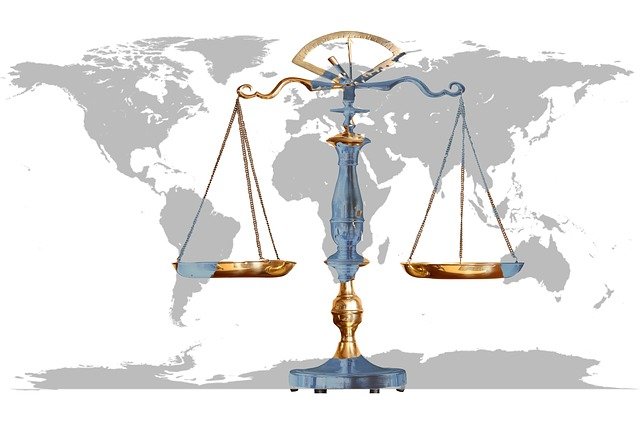
TotalEnergies Regrets NGOs’ Refusal of the Mediation
In connection with the hearings scheduled before the Paris Civil court today, TotalEnergies regrets that the NGOs involved in the proceedings have refused to participate in the mediation process proposed by the court and accepted by TotalEnergies. Following this refusal, the court decided that the pleadings would take place on December, 7, 2022.
In October 2019, some NGOs brought proceedings against TotalEnergies SE in the Nanterre Civil court based on France’s “duty of vigilance” law, claiming that the Company had insufficiently identified and managed the social and environmental impacts of the Tilenga and EACOP projects in Uganda and Tanzania.
In October 2019, some NGOs brought proceedings against TotalEnergies SE in the Nanterre Civil court based on France’s “duty of vigilance” law, claiming that the Company had insufficiently identified and managed the social and environmental impacts of the Tilenga and EACOP projects in Uganda and Tanzania.
France’s “duty of vigilance” law, which came into effect in 2017, requires companies of a certain size to publish in their management report a vigilance plan on the reasonable measures taken to identify risks and prevent potential serious violations of human rights and fundamental freedoms, human and environmental health and safety, not only in relation to the company’s own activities but also those of its subcontractors and suppliers with whom it has an established commercial relationship.
The mediation process proposed by the court and accepted by TotalEnergies could have provided an opportunity to initiate a constructive dialogue with the NGOs that brought the proceedings, similar to the dialogue that the Company’s affiliates in Uganda and Tanzania have maintained with the majority of local associations since the projects began.
TotalEnergies regrets this refusal by the NGOs party to the proceedings and now intends to argue before the court that its vigilance plan has been implemented effectively and that it has properly checked that its Ugandan and Tanzanian affiliates have applied the appropriate action plans to respect the rights of local communities and ensure respect for biodiversity, within the framework of National Interest Projects decided by the governments of Uganda and Tanzania.
Information Source: Read More–>
ENERGY | ELECTRIC POWER | NATURAL GAS | OIL | CLIMATE | RENEWABLE | WIND | TRANSITION | LPG | OIL & GAS | SOLAR | ELECTRIC | BIOMASS | SUSTAINABILITY | OIL PRICE |


